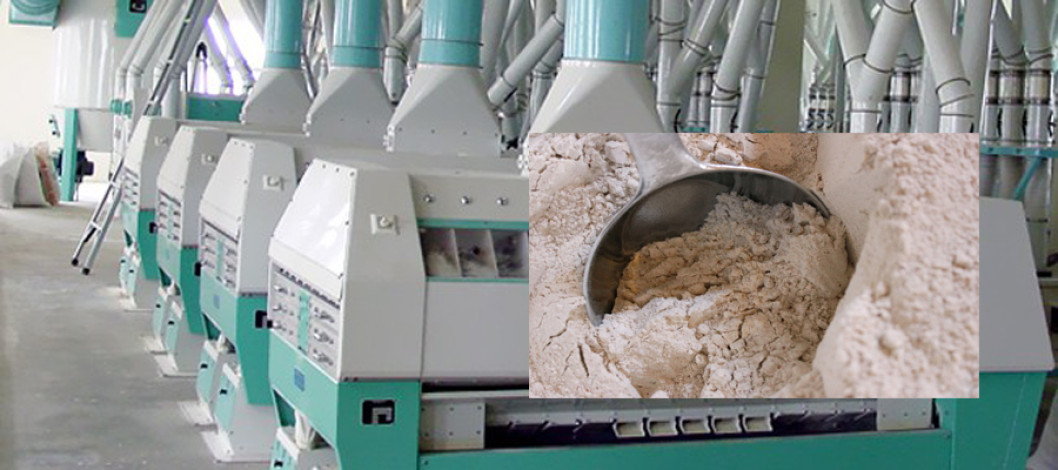
File Photo
In the complex world of wheat flour processing, the purifier stands as an important and indispensable component to achieve the highest quality of flour. This state-of-the-art piece of machinery plays an important role in refining the flour milling process by efficiently separating impurities and increasing the consistency and purity of the final product. In this comprehensive guide, the multifaceted role of a purifier in the wheat flour processing line will be highlighted, its importance in producing exceptional quality flour.
Understanding the Purifier in Flour Milling
The purifier is a precision-driven device that operates on the principle of separating different components of wheat based on their size, shape, and weight. This process is instrumental in refining the flour to meet the stringent quality standards required for various culinary and industrial applications.
How Purifiers Work
The purifier is equipped with a series of sieves or screens that vibrate at specific frequencies. As a mixture of wheat particles and impurities enters the purifier, it is subjected to a combination of sieving and air currents. This results in the separation of wheat particles according to their size and density. The sieves classify the particles into different fractions, while air currents carry away lighter impurities such as dust, chaff, and broken grains.
Importance of Multiple Sieve Layers
Purifiers often feature multiple layers of sieves stacked vertically. Each layer has progressively finer mesh sizes. As the wheat mixture moves through the purifier, it encounters different sieve layers, facilitating the separation of particles based on their size. This intricate sieving process contributes to the production of flour with consistent particle sizes, crucial for achieving desired baking and cooking results.
The Roles and Benefits of Purifiers
1. Particle Separation
The primary function of a purifier is to segregate wheat particles based on size. This separation ensures that only the desired particles proceed further in the milling process, contributing to the production of uniform and high-quality flour.
2. Impurity Removal
Purifiers excel at removing impurities such as bran particles, chaff, and dust. By eliminating these unwanted components, the purifier enhances the purity of the flour, resulting in a product that meets stringent industry standards.
3. Enhanced Flour Consistency
Consistency is paramount in flour milling, especially for industrial applications and large-scale baking. The purifier's ability to separate particles based on size and weight contributes to the uniformity of the flour, leading to consistent baking and cooking outcomes.
4. Customization and Control
Modern purifiers often come equipped with advanced controls that allow mill operators to adjust the settings according to specific requirements. This customization ensures that the purifier can be fine-tuned to produce flour with precise characteristics.
5. Improved Flour Yield
By efficiently separating impurities and coarse particles, purifiers contribute to optimizing flour yield. This is particularly important for commercial flour mills, as higher yield translates to increased profitability.
Applications Across Flour Milling
Purifiers find applications in various stages of the flour milling process:
1. Break System
In the broken system, the purifier separates bran particles and coarser fractions from the endosperm, ensuring that only the finest particles proceed for further processing.
2. Reduction System
During the reduction system, purifiers refine the particle size distribution of flour produced by the roller mills. This step contributes to achieving consistent and desired flour characteristics.
3. Tail End Purification
At the tail end of the milling process, purifiers are employed to ensure that the flour meets the highest quality standards before packaging and distribution.
Purifiers play a fundamental role in the complex process of wheat flour processing, contributing to the production of flour that meets the highest standards of quality, consistency and purity. By effectively separating wheat particles based on size and weight and removing impurities, the refiner increases the yield, customization and marketability of the final product. In the ever-evolving landscape of flour milling, purifiers remain a critical component, ensuring that flour delivered to consumers and industries is of unmatched quality.
Source: Online/GFMM
Comment Now